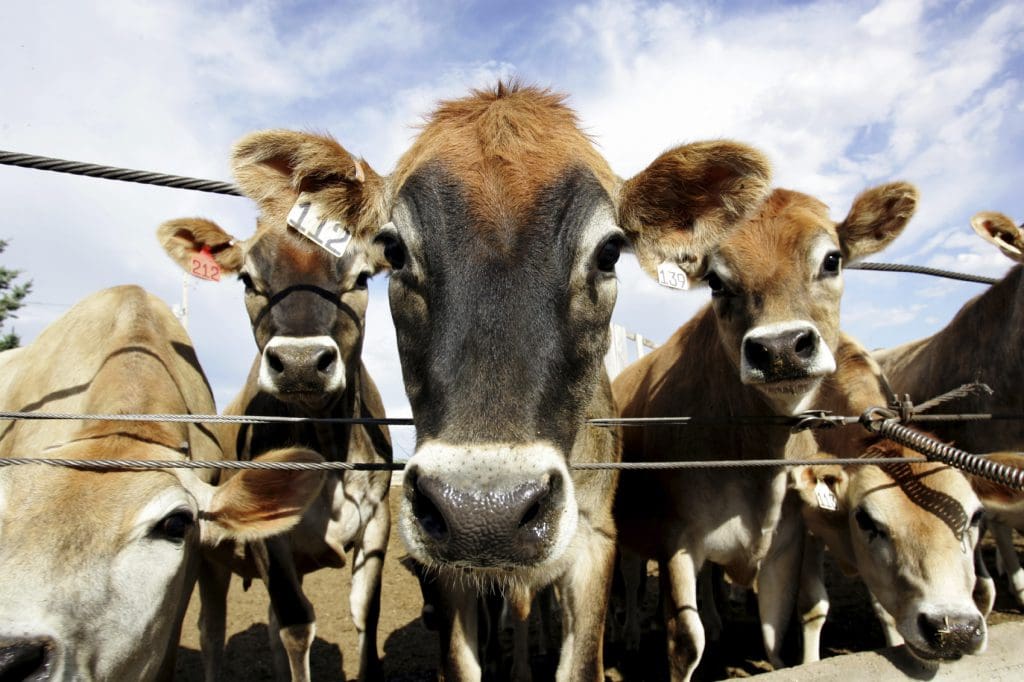
The federal, provincial and territorial governments are asking for comments on plans for the future of agriculture in Canada, providing an opportunity to raise issues about the treatment of farm animals.
Phase 2 of the consultation is open until November 30 and includes options to fill in an online questionnaire, email your comments or write a letter. Please take the time to contribute your views about animal welfare and the future of animal agriculture.
The consultation refers to the government’s plan, called The Calgary Statement – the Next Policy Framework, which sets out several Priority Areas:
Markets and trade
Science, research and innovation
Risk management
Environmental sustainability and climate change
Value-added agriculture and agri-food processing
Public Trust
Following are some key points from our submission to the consultation (full submission here):
Markets and Trade
Canada should develop markets for plant-based protein instead of animal-based protein, which contributes to environmental degradation, is resource-intensive and is dependent on inhumane confinement systems.
Science, research and innovation
Canada should invest in research and development of plant-based protein, especially the production and processing of pulse crops. In contrast to animal protein production, pulses have been shown to be environmentally beneficial (requiring relatively little water and fertilizer), healthy and sustainable. A number of innovative plant-based industries have emerged in recent years, attracting investment and consumer interest.
Risk management
The livestock sector has a number of inherent risks, including:
– negative environmental impacts (e.g. greenhouse gas emissions)
– zoonotic disease outbreaks (e.g. avian flu, listeria, e. coli)
– consumer rejection of inhumane, intensive confinement systems (e.g. battery cages for laying hens) and other animal welfare concerns
– consumer health concerns over meat consumption (e.g. cancer risk of red and processed meats)
– rise of antbiotic resistance due to overuse of antibiotics in livestock
Environmental sustainability and climate change
Globally, the meat and livestock sector contributes 14.5% of all greenhouse gases, which is more than the transportation sector. It is also resource-intensive – it is the world’s largest user of agricultural land, through grazing and the use of feed crops. The sector is also a major contributor to water pollution and loss of biodiversity.
Public Trust
Canadian consumers have many concerns about animal agriculture.
Currently, animal agriculture in Canada involves the confinement and suffering of millions of animals. Animal welfare should be a top priority in the development of agricultural policy. Currently, there are no mandatory animal welfare standards in Canada, only voluntary Codes of Practice. These should be replaced with mandatory standards enforced by independent, third-party inspections.
The meat and livestock sector is dependent on intensive confinement systems (factory farms) that compromise animal welfare and degrade the environment. In addition, the overconsumption of meat has been shown to be harmful to human health. Consequently, this sector is unsustainable. Consumers will lose faith in agriculture if these problems persist.
Resources should be shifted to the development of a plant-based protein sector, including more support for Canada’s production, processing and marketing of pulses (peas, beans, lentils). Plant-based diets should be promoted through public information programs and support for initiatives like Meatless Monday.
Such initiatives would earn public trust, as they benefit the environment, public health and animal welfare.
Your participation in this consultation will ensure that animals are not forgotten in the development of Canada’s agricultural policies.
More info:
CBC News story
Facebook
Twitter: #agnpf


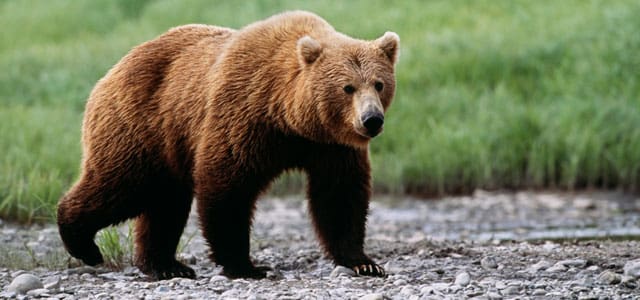
 A recent
A recent 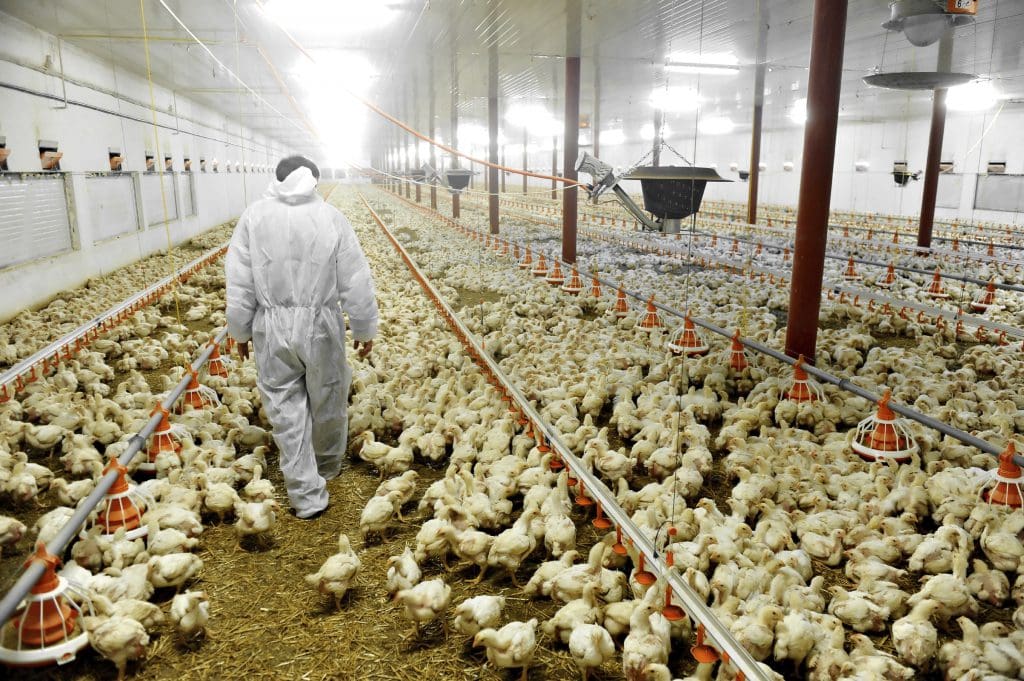


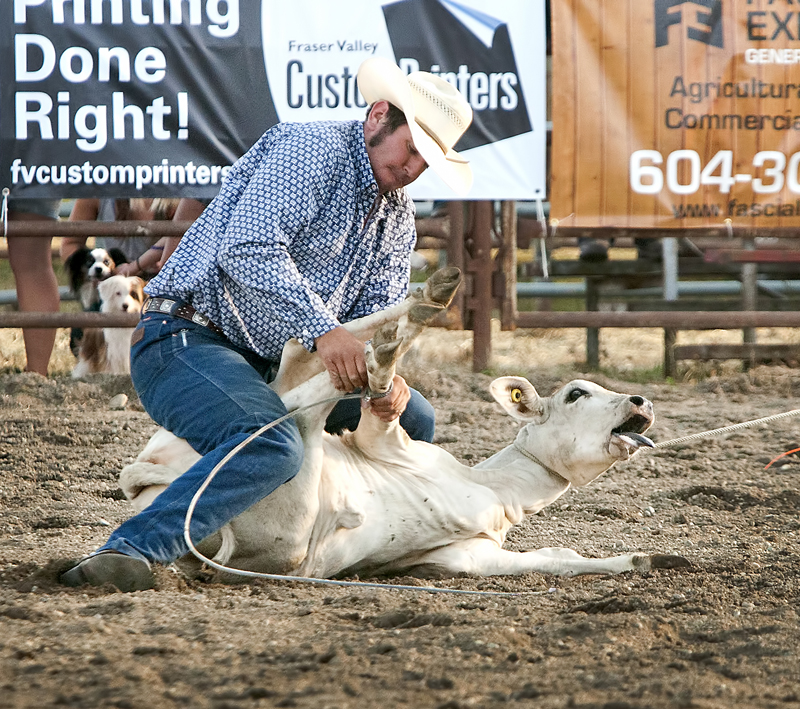
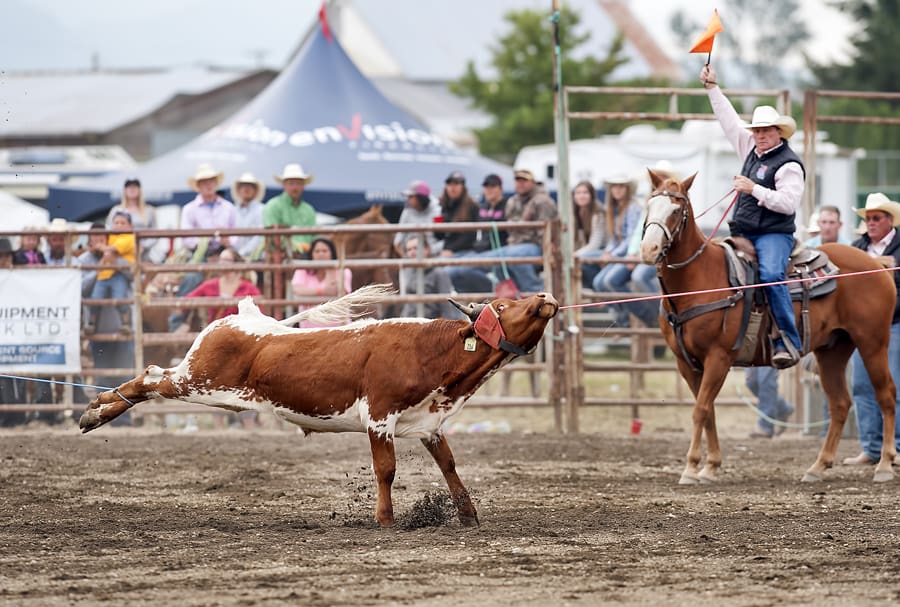
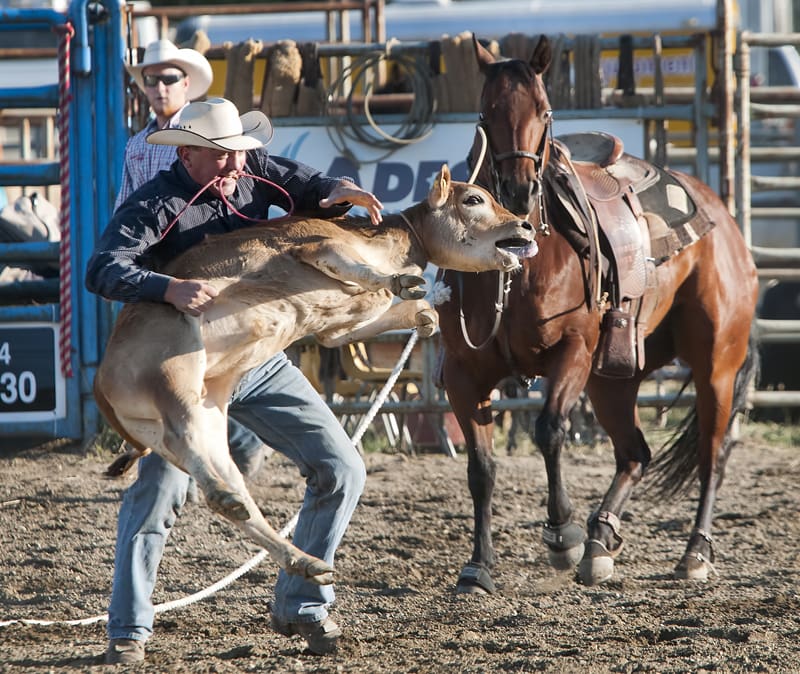
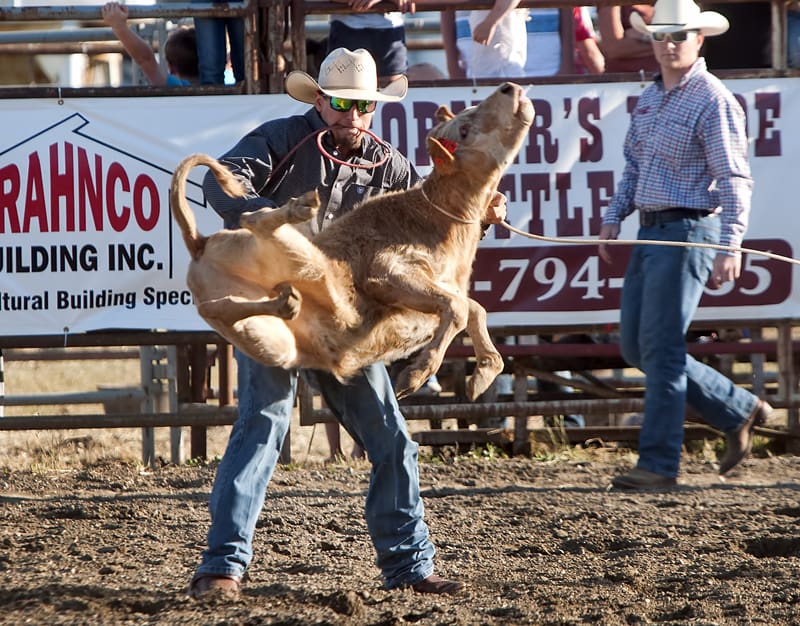
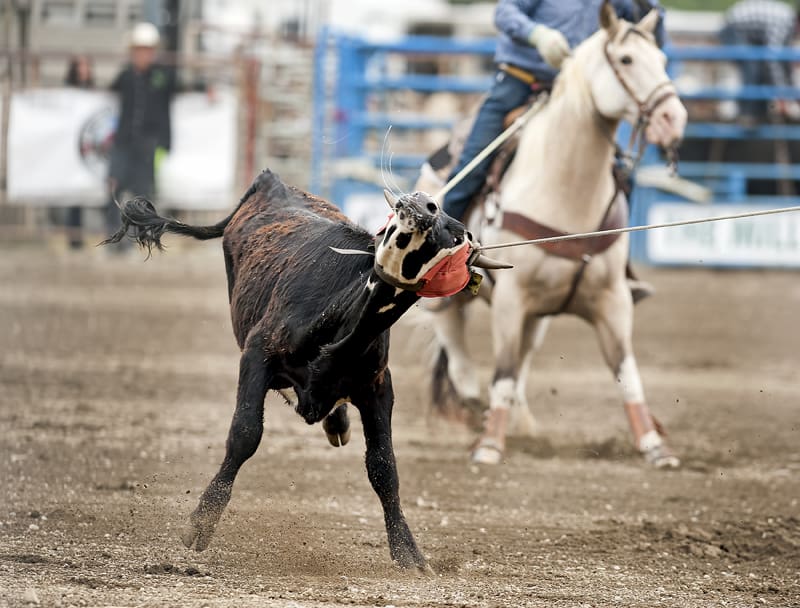
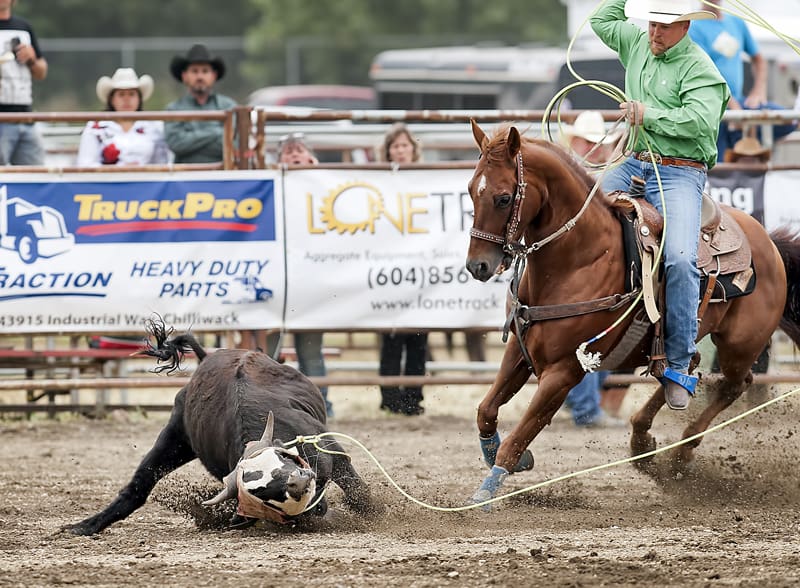
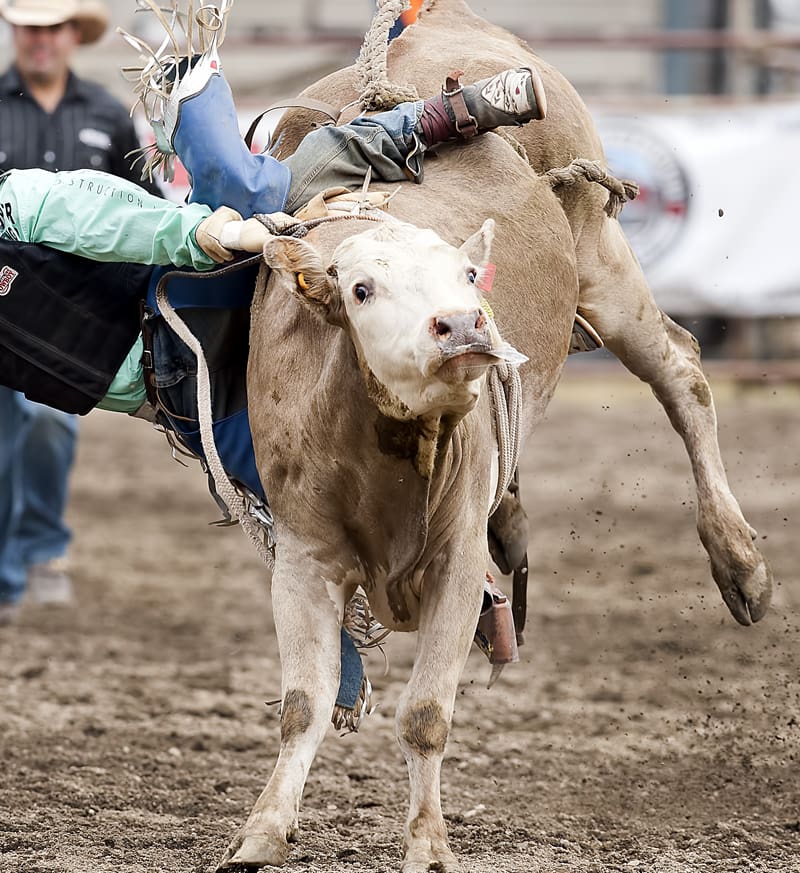

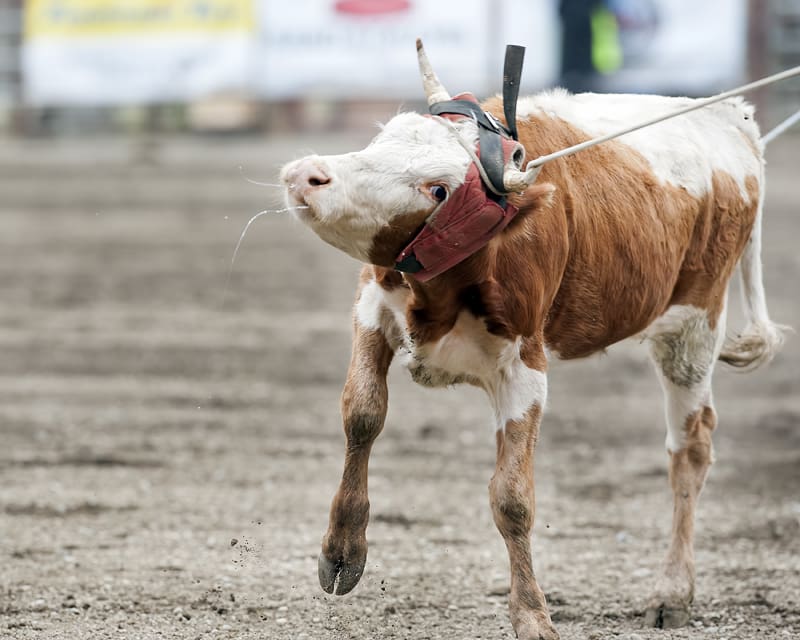
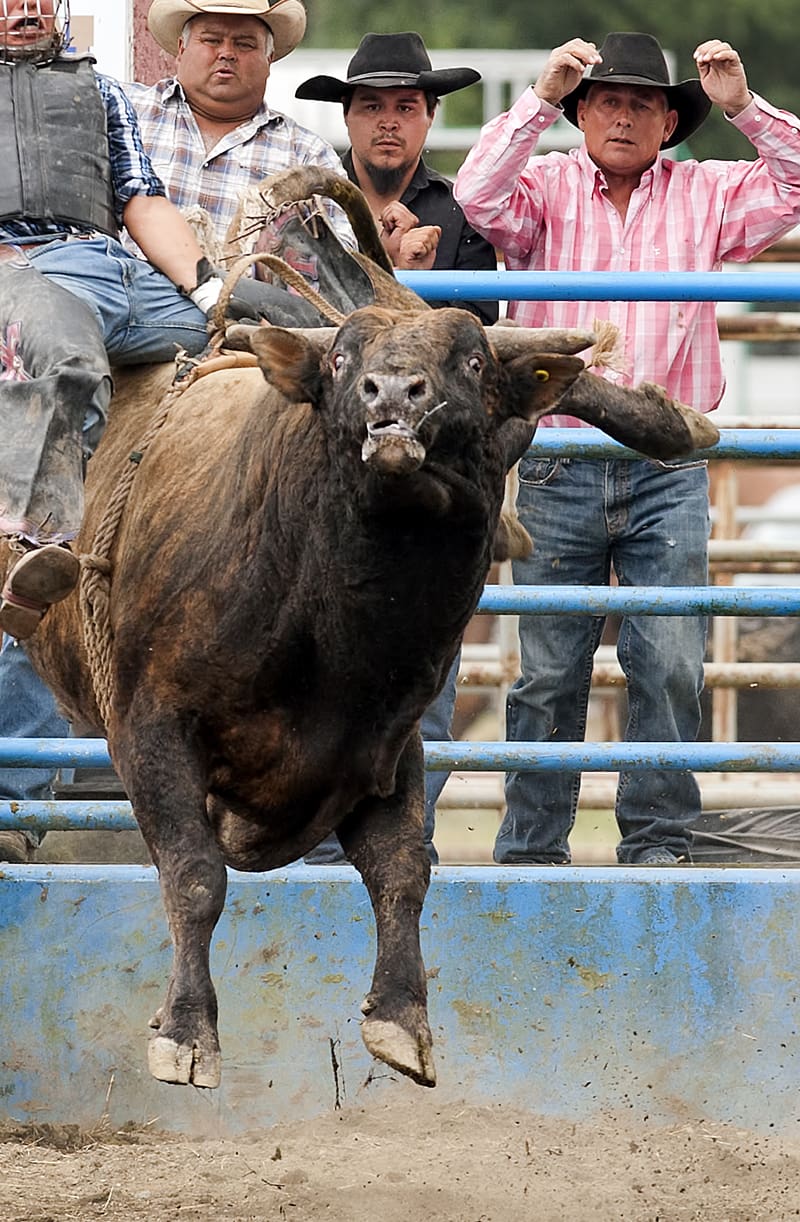
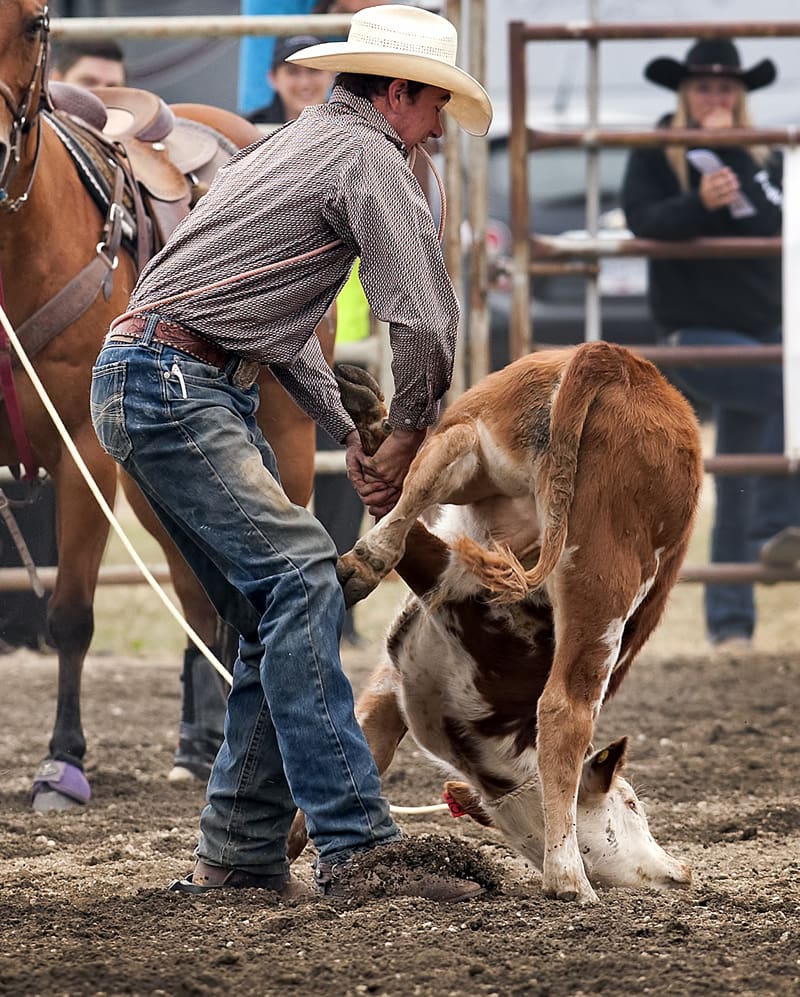
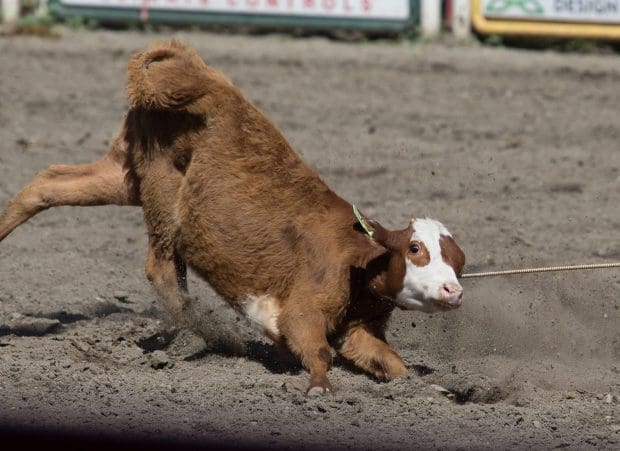

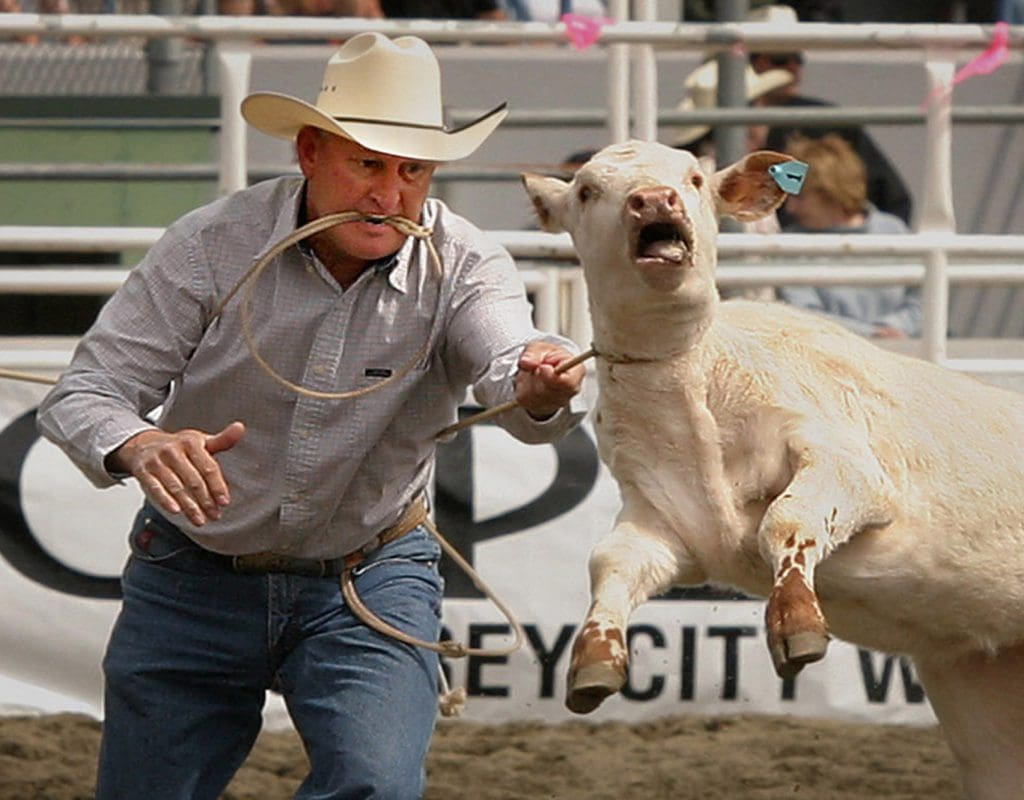
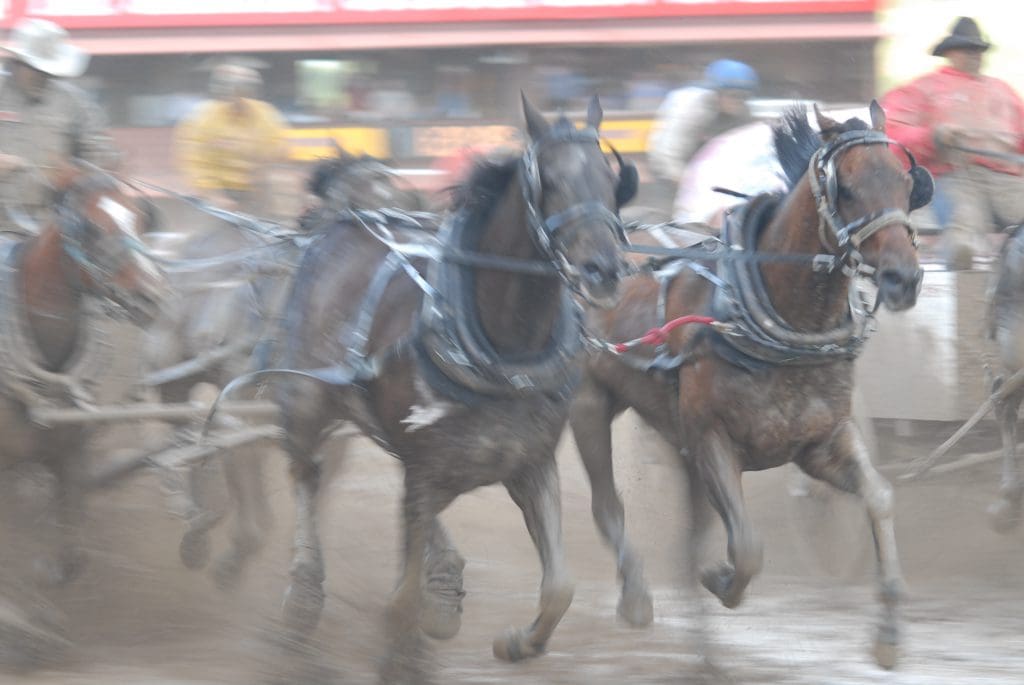
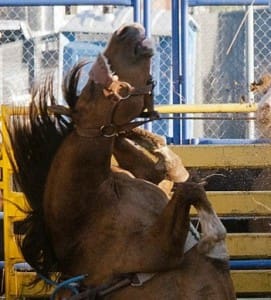 It’s also important to note that the safety measures the Stampede has introduced this year, and in previous years, have only come about because of the attention that VHS has drawn to the chuckwagon race and rodeo events.
It’s also important to note that the safety measures the Stampede has introduced this year, and in previous years, have only come about because of the attention that VHS has drawn to the chuckwagon race and rodeo events.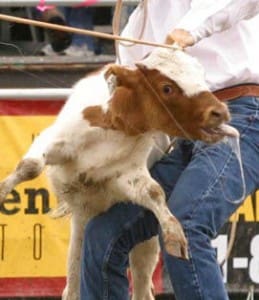 Rodeo animals are subjected to fear, pain and stress for the sake of entertainment. That is unethical and unacceptable. Three-month-old calves continue to be chased, roped, tied up and thrown to the ground. Steers continue to have their necks twisted until they fall to the ground. Bulls and horses continue to have bucking straps tightened around their hindquarters to make them buck. All this to amuse a crowd.
Rodeo animals are subjected to fear, pain and stress for the sake of entertainment. That is unethical and unacceptable. Three-month-old calves continue to be chased, roped, tied up and thrown to the ground. Steers continue to have their necks twisted until they fall to the ground. Bulls and horses continue to have bucking straps tightened around their hindquarters to make them buck. All this to amuse a crowd.